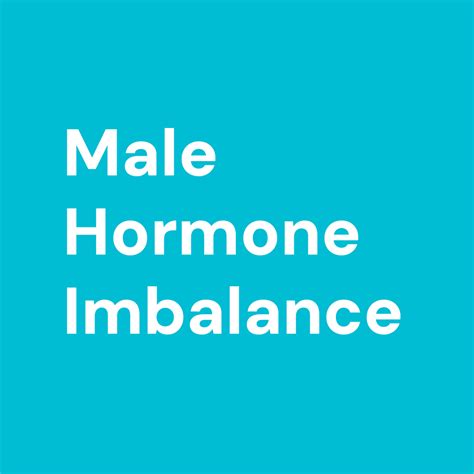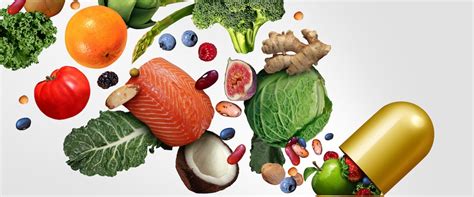How to optimize male hormone levels for peak energy & enhanced focus?

Understanding Male Hormones and Their Role
Male hormones, primarily testosterone, play a foundational role in a man’s physical and mental well-being. Beyond their well-known impact on libido and muscle mass, these hormones profoundly influence energy levels, cognitive function, mood, and overall vitality. As men age, or due to various lifestyle factors, these hormone levels can decline or become imbalanced, leading to fatigue, reduced focus, mood swings, and a general feeling of being “off.” Optimizing these levels isn’t about chasing extreme highs but rather achieving a balanced, healthy state that supports peak performance and quality of life.

The Cornerstone of Hormonal Health: Lifestyle Adjustments
1. Prioritize Nutrient-Dense Nutrition
Your diet is perhaps the most significant modifiable factor influencing hormone production. Focus on a whole-food diet rich in healthy fats, lean proteins, and complex carbohydrates. Healthy fats (avocado, olive oil, nuts, seeds) are crucial building blocks for steroid hormones like testosterone. Adequate protein intake supports muscle maintenance and repair, indirectly aiding hormone balance. Incorporate micronutrients vital for hormone synthesis, such as zinc (found in oysters, red meat, pumpkin seeds), magnesium (leafy greens, nuts), and vitamin D (fatty fish, sun exposure, fortified foods). Limit processed foods, excessive sugars, and unhealthy trans fats, which can disrupt endocrine function and contribute to inflammation.
2. Embrace Strategic Exercise
Regular physical activity, especially resistance training and high-intensity interval training (HIIT), is highly effective in naturally boosting testosterone and growth hormone levels. Strength training builds muscle mass, which is metabolically active and supports hormone production. Aim for 3-4 sessions of full-body resistance training per week. HIIT can also provide significant hormonal benefits without the chronic stress of long-duration cardio. However, avoid overtraining, as excessive or prolonged intense exercise without adequate recovery can elevate cortisol (a stress hormone) and negatively impact testosterone.

3. Master Your Sleep Hygiene
Quality sleep is non-negotiable for hormone optimization. Most testosterone production occurs during deep sleep cycles. Chronic sleep deprivation elevates cortisol, reduces insulin sensitivity, and significantly lowers testosterone levels. Aim for 7-9 hours of uninterrupted, high-quality sleep per night. Establish a consistent sleep schedule, create a dark, cool, and quiet bedroom environment, and avoid screens for at least an hour before bed. Consider strategies like meditation or reading to wind down.
4. Implement Effective Stress Management
Chronic stress is a silent killer of hormonal balance. When stressed, your body produces cortisol, which is derived from the same precursor as testosterone. High cortisol levels can suppress testosterone production and disrupt other endocrine functions. Incorporate stress-reduction techniques into your daily routine: mindfulness meditation, deep breathing exercises, spending time in nature, engaging in hobbies, or practicing yoga. Prioritizing mental well-being directly contributes to physical hormonal health.

5. Optimize Environmental Factors
Our modern environment exposes us to various endocrine-disrupting chemicals (EDCs) found in plastics, pesticides, and personal care products. These EDCs can mimic or block hormones, negatively impacting natural production. Minimize exposure by choosing organic foods, using glass or stainless steel containers instead of plastic, filtering your water, and opting for natural, non-toxic personal care and cleaning products.

Targeted Supplementation: A Supportive Role
While lifestyle changes are paramount, certain supplements can play a supportive role.
- Vitamin D: Many men are deficient, and supplementation can significantly impact testosterone levels.
- Zinc: Crucial for testosterone synthesis; deficiency is common.
- Magnesium: Important for overall endocrine function and can improve sleep quality.
- Ashwagandha: An adaptogenic herb shown to reduce cortisol and improve testosterone levels in some studies.
Always consult with a healthcare professional before starting any new supplement regimen, especially if you have underlying health conditions.

When to Seek Professional Guidance
If you suspect significant hormonal imbalances or are experiencing persistent symptoms despite implementing lifestyle changes, it’s crucial to consult a doctor. Blood tests can accurately measure hormone levels (testosterone, DHEA, thyroid hormones, etc.) and identify specific deficiencies or imbalances. A healthcare professional can help diagnose underlying conditions and recommend appropriate treatments, which may include hormone replacement therapy in certain cases, but always after exploring and optimizing natural approaches first.
Conclusion
Optimizing male hormone levels for peak energy and enhanced focus is not a quick fix but a holistic journey. By consistently prioritizing nutrient-rich foods, strategic exercise, restorative sleep, effective stress management, and a cleaner environment, you can naturally support your body’s ability to produce and regulate hormones. This comprehensive approach empowers men to reclaim their vitality, sharpen their mental edge, and enjoy a higher quality of life, feeling energized and focused day in and day out.









